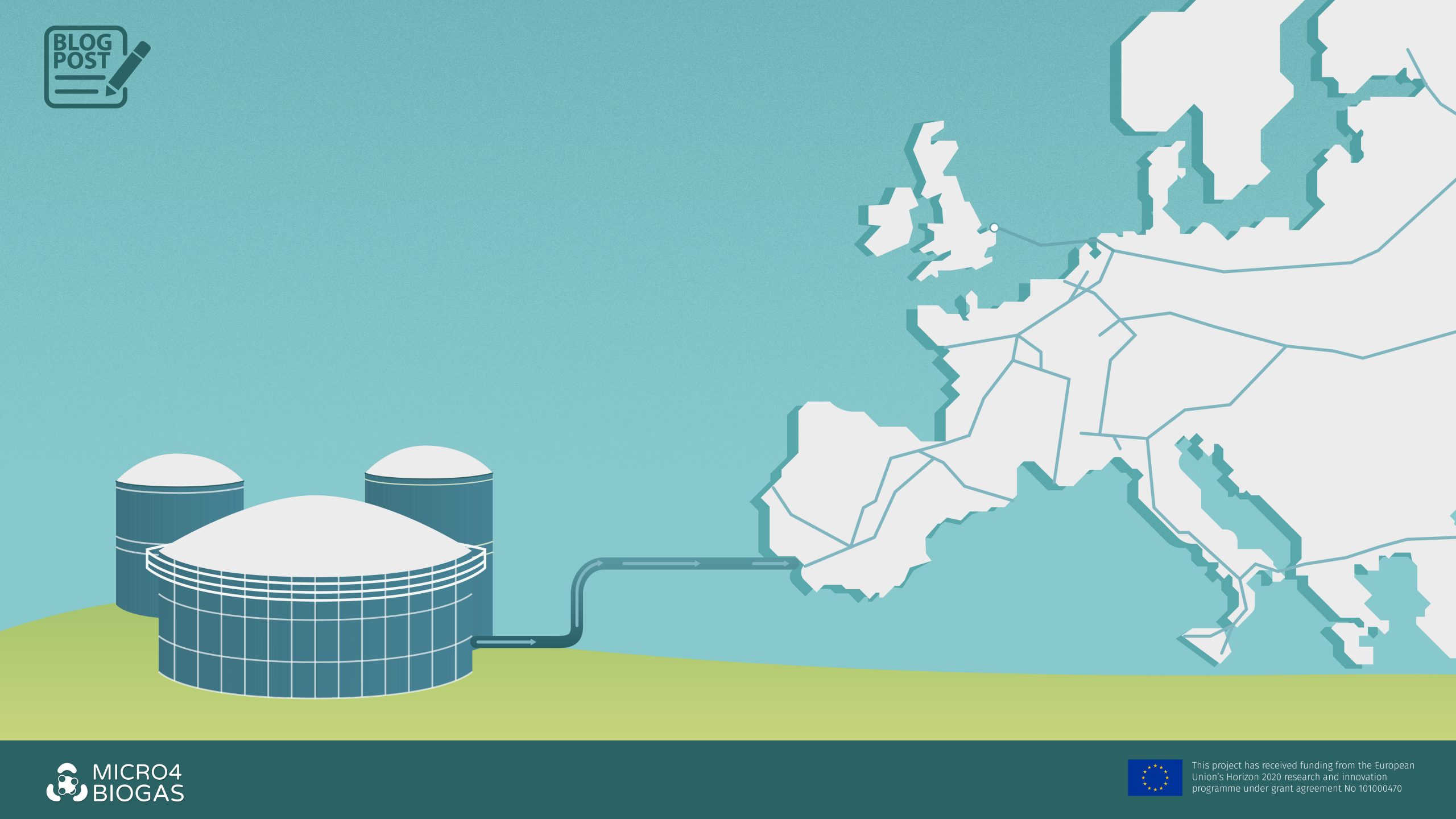A couple of years ago, most European citizens weren’t wondering where the energy that kept their house warm was coming from. That quickly changed in 2022 when geopolitical conflicts intensified and interfered with European gas imports, leading to an energy crisis that brought along unusually high prices.

The root cause of the energy crisis
A stable energy system requires various energy sources, but that has not been Europe´s reality in the past years. In 2021, around half of the natural gas consumed by the EU came from the same external supplier. When this supplier was involved in the ongoing conflict, the whole system stumbled. This energy dependency showed how vulnerable and unreliable our energy system is.
This new reality exposed that the previously prevailing system was not sustainable in the long run and put in evidence the urgency for energy to come from diverse, affordable, and sustainable sources. As a result, the European Commision developed the REPowerEU plan that aims to fast forward the green transition and make Europe energetically independent by 2030. One of the plan’s goals is to save 17 billion cubic metres of gas imports.
Replacing imported gas with biogas
There are energy sources that can be implemented locally and are much more available than the ones being used now. Biogas is a great example - it is not weather dependent and can be stored to be used whenever needed. The latest statistical report by the European Biogas Association demonstrates that the sector is rapidly expanding, making it a key pillar in the REPowerEU strategy, while contributing to climate targets and the EU´s independence from gas imports.
Despite the favourable news of biogas being a widely used renewable energy in many European countries, its potential has not been fully explored. The speed, yield, and quality of biogas production has not been improved thus impeding successfully replacing fossil fuels. Strategies have been more focused on building more biogas production facilities all over the continent, but building more plants is not the only solution to face the current energy crisis.
Optimising biogas production to tackle the energy crisis
In Micro4Biogas we are working on another solution: increasing the viability and reliability of biogas production by optimising biodigesters. We know that microbial communities ferment matter and release methane, and while biochemical interactions are unclear it is certain that efficiency and yield depend on the microbes’ performance.
If microbial communities are working effectively, biogas production increases. Our team has analysed microbial communities in more than 80 existing facilities to identify key players in the production process. This helps to identify the most resistant microbes that could produce biogas in a cost-effective and stable way.
If we successfully design tailored microbial communities that can improve biogas production, plants can be optimised to help produce the amount needed to achieve the EU energy independence goals. Future plants can be strategically built with real production rates in mind and the produced biogas can be distributed in the existing infrastructure - potentially reducing cost and environmental impact.
Now, we are more aware of what the simple gesture of flipping a switch to warm up our houses actually means. Where our energy comes from is important. We work to help ensure that it is being supplied in the most stable, cost-effective, and sustainable way.

